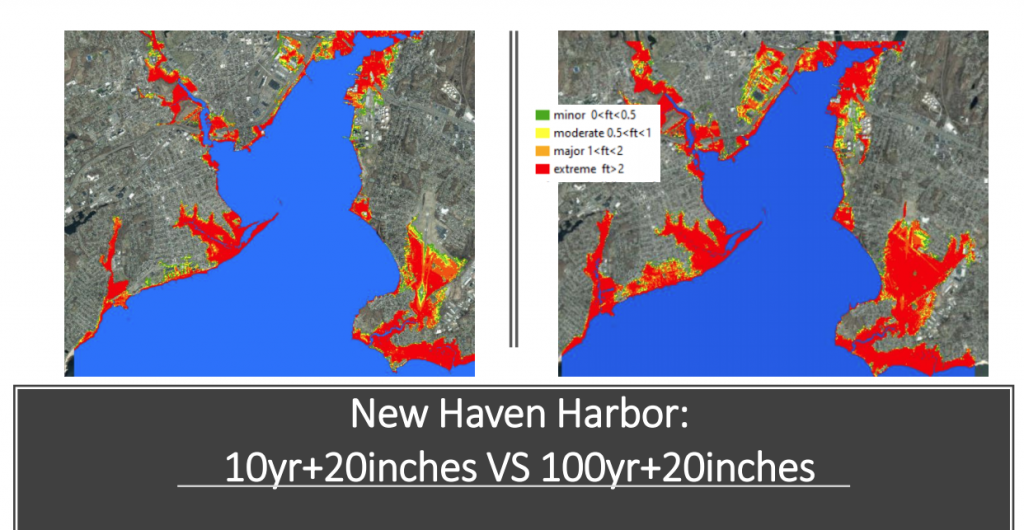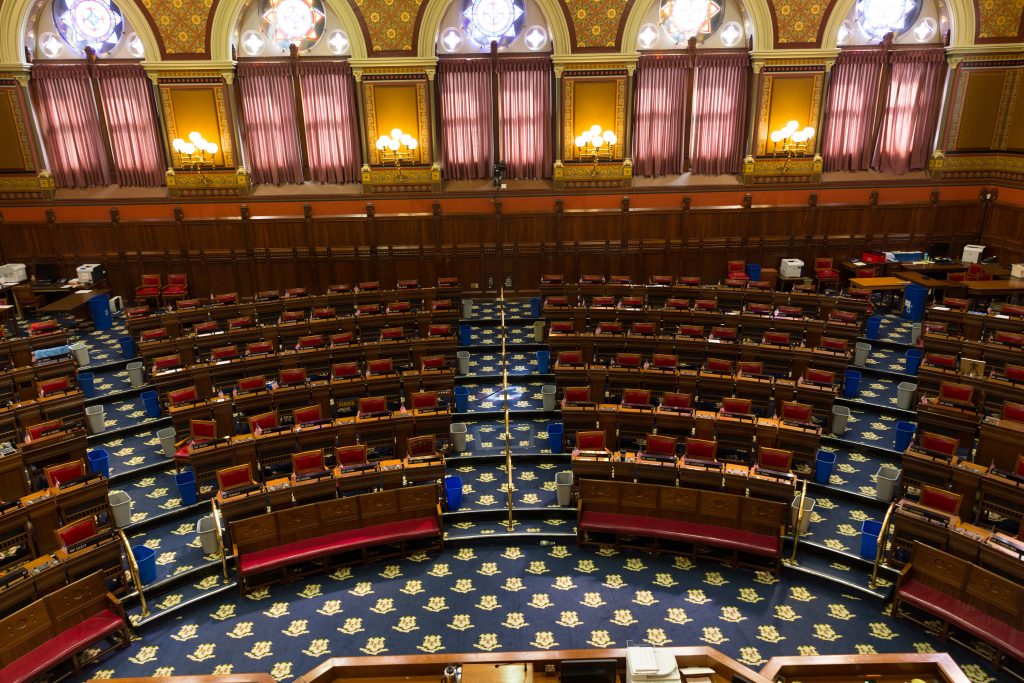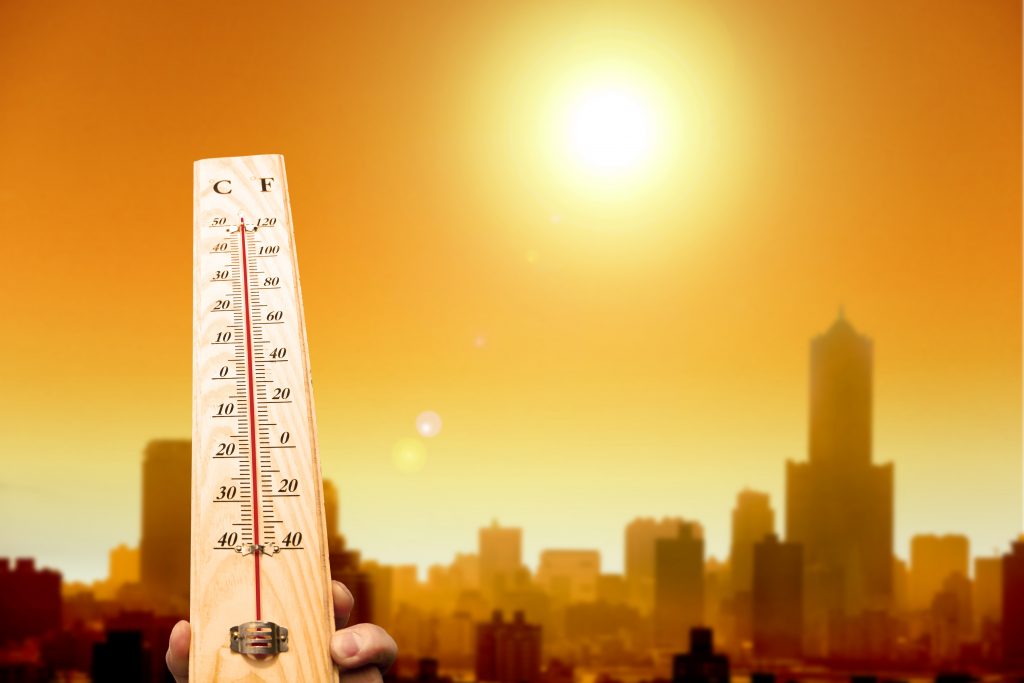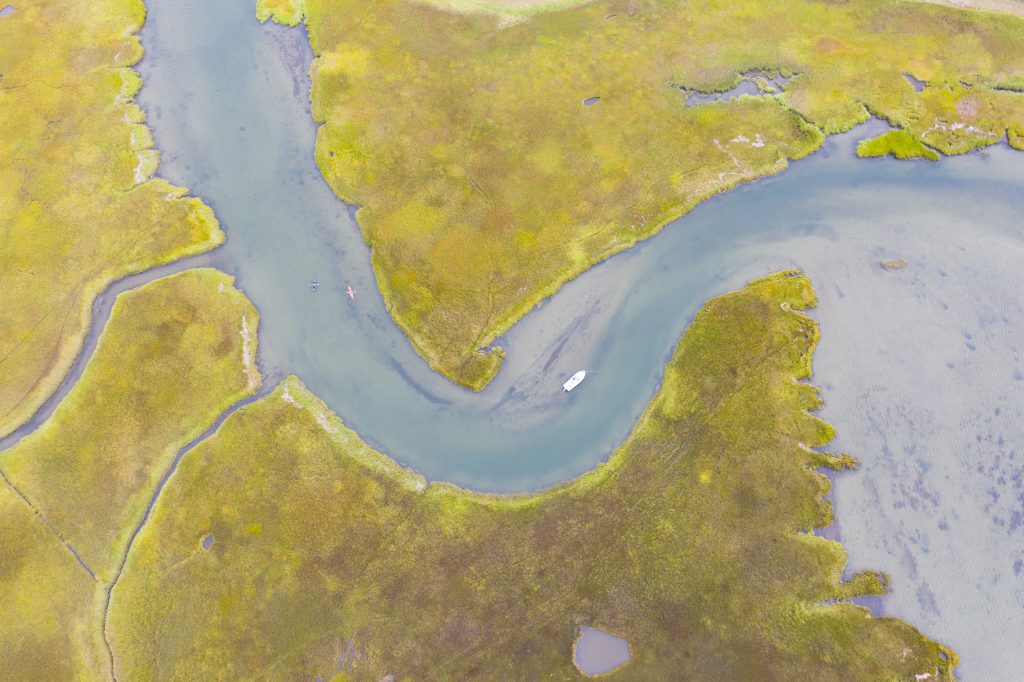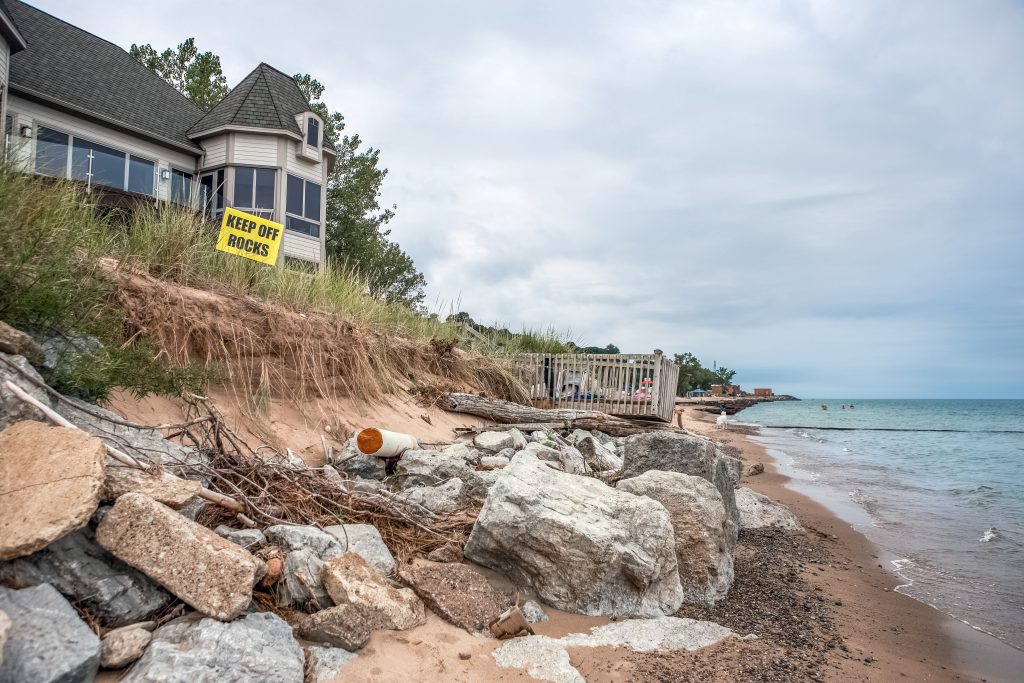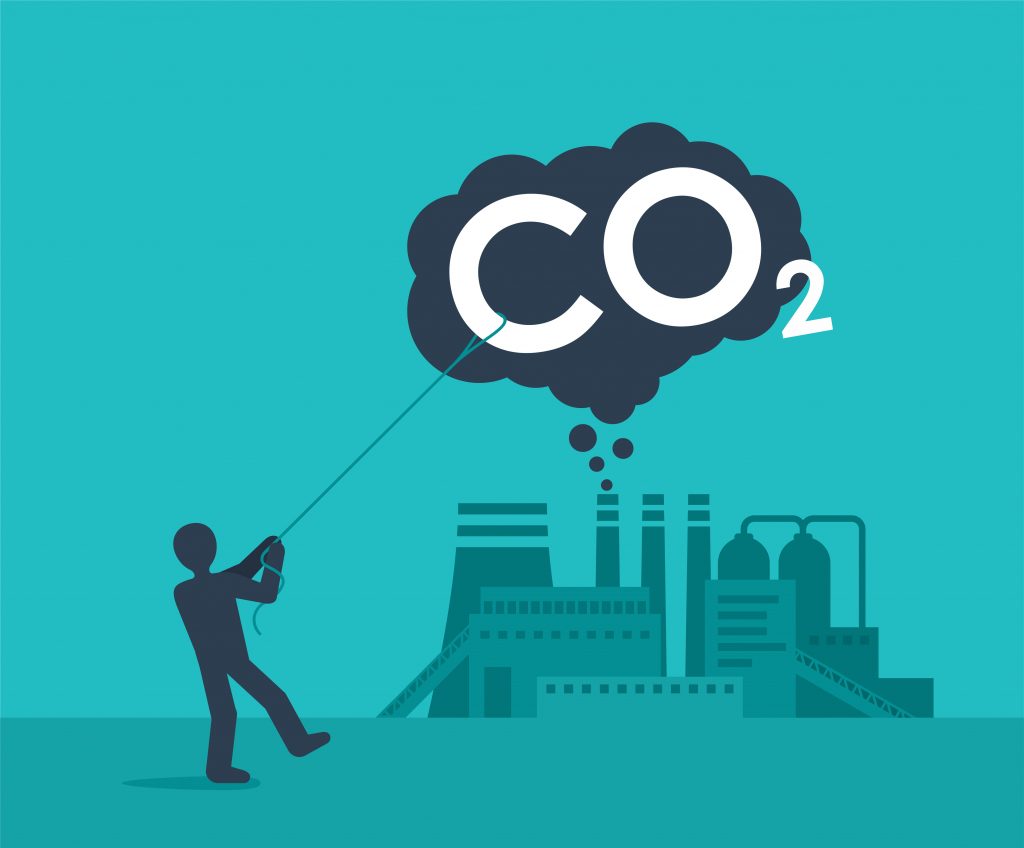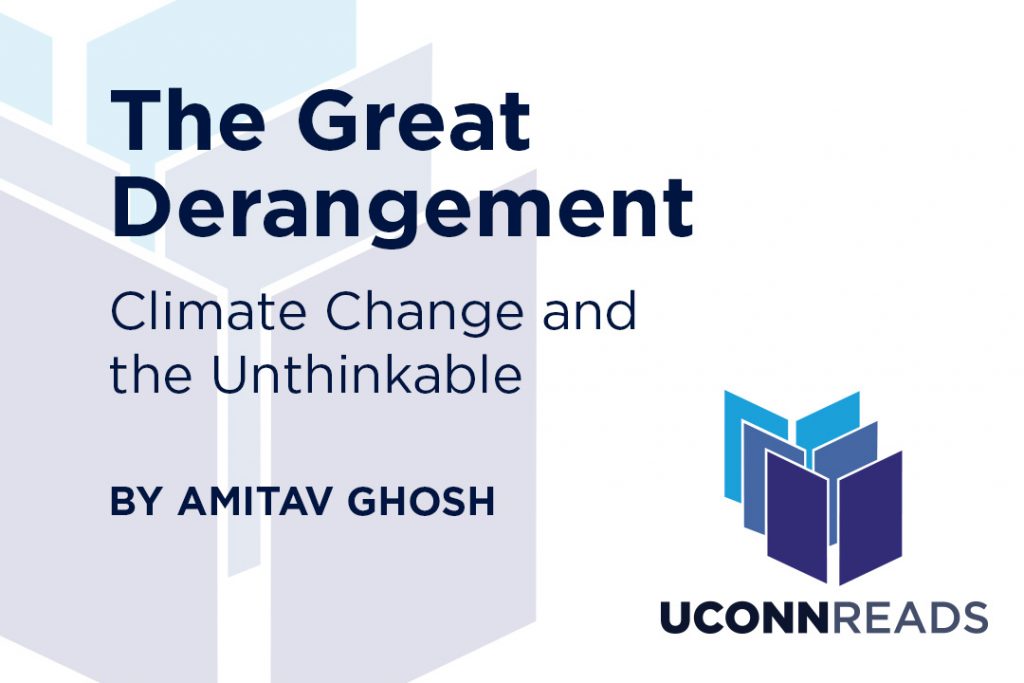Climate change
For Future Flood Control, Cities Need Strategy
What we consider a 100-year event is a conservative version of a 10-year event plus 20 inches—what will be a normal flood in 2050
July 1, 2021 | Kim Krieger
Expanding Climate Resilience with Forward-Thinking Policy Initiatives
Looking to other states for best practices and adapting them for Connecticut's needs
June 25, 2021 | Elaina Hancock
CIRCA Webinar Presents Changes to Land Surface Temperature, Land Use in New Haven, Fairfield Counties
'Heat islands' in urban areas have experienced a five-to-10-degree temperature increase over the past 20 years
June 23, 2021 | Anna Zarra Aldrich, College of Agriculture, Health and Natural Resources
A Simple Simulation to Help Coastal Towns Plan for Rising Sea Levels
Knowing how water moves through coastal structures can yield important insights for residents and planners
June 21, 2021 | Elaina Hancock
Should We Stay or Should We Go? Shoreline Homes and Rising Sea Levels in Connecticut
How strategies to address rising sea levels could affect local taxes, home values, and other factors
June 15, 2021 | Anna Zarra Aldrich, College of Agriculture, Health and Natural Resources
Hot, Wet, Connecticut Summer Webinar
The Connecticut Institute for Resilience and Climate Adaptation is hosting a series of webinars on climate change and public policy
June 7, 2021 | Kim Krieger
UConn Researchers Search for Scalable Carbon Capture Technology
Studying the promise of a technology that could help in the fight against climate change
April 22, 2021 | Elaina Hancock
A Letter to the UConn Community Regarding UConn Reads
UConn Reads unveils Spring 2021 signature events
April 19, 2021 | Combined Reports
For Ancient Farmers Facing Climate Change, More Grazing Meant More Resilience
How changing their lifestyle helped people in an ancient settlement adapt to a new reality
March 23, 2021 | Elaina Hancock
Billions of Cicadas May Be Coming Soon to Trees Near You
After 17 years, the 'magic cicadas' of Brood X are back
March 19, 2021 | John Cooley and Chris Simon, Department of Ecology and Evolutionary Biology
